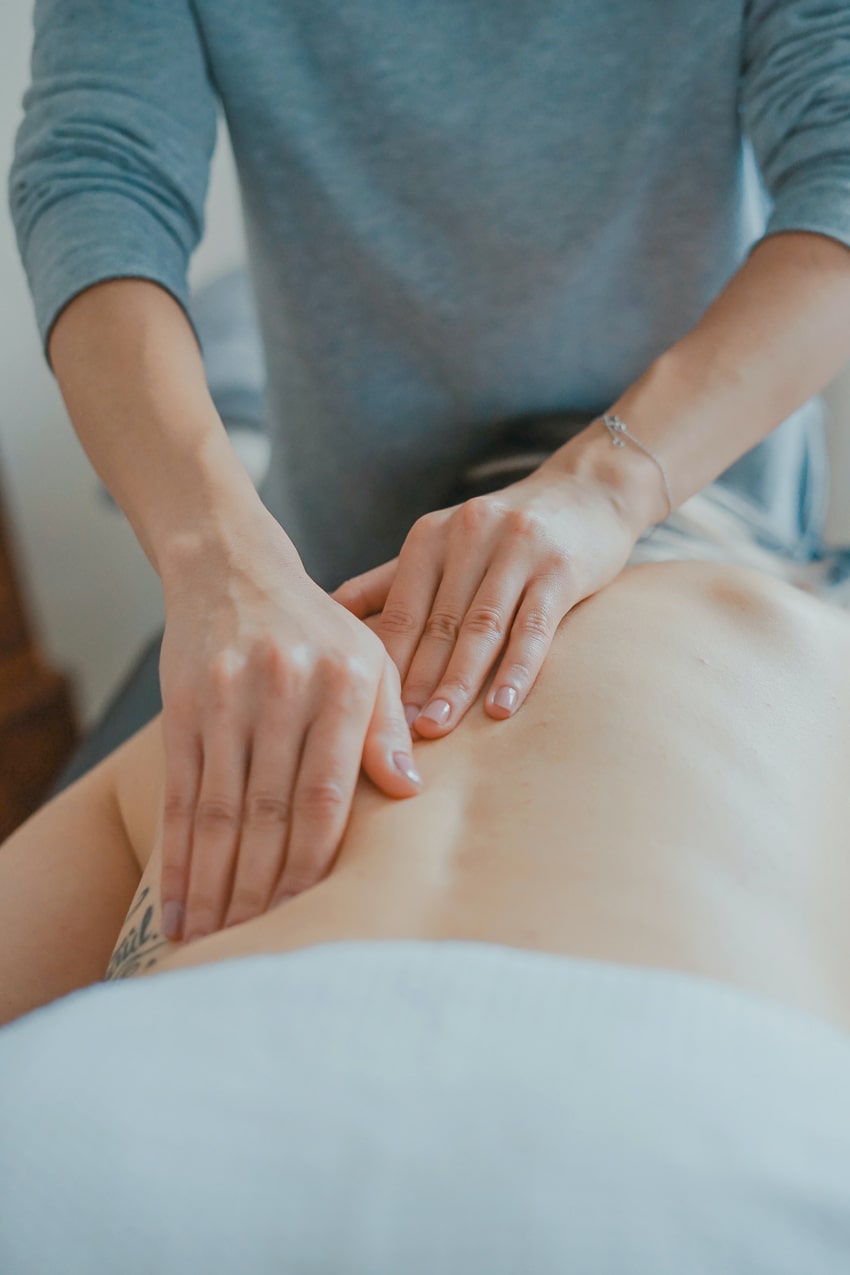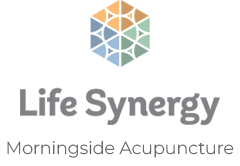Acute and chronic pain syndromes have an enormous impact on individuals and can affect their lifestyle in many ways and that of their family. In Australia, chronic pain is the third most common healthcare problem behind heart disease and cancer. Long lasting pain often creates a chronic pain cycle – pain, lack of exercise, limited physical activity, chronic fatigue, stress, depression, muscle tension, tightness, cramping, sensitive nerves, and again – pain. Patients suffer from this pain cycle. Some patients even feel that their quality of life changes completely due to a chronic pain condition.
Generally if you address pain quickly when it is acute, it is much easier to reverse than chronic pain. Clinical studies support that Acupuncture is an effective modality in the treatment of almost all kinds of pain conditions, including the following: migraines, neuralgia, neck pain, back pain, herniated disc, TMJ, tennis elbow, carpal tunnel syndrome, tendinitis, bursitis, arthritis, frozen shoulder, shoulder pain, fibromyalgia, dysmenorrhea, osteoporosis, sports and other injuries, surgical pain and even supports cancer pain. Researchers have discovered beneficial immune and endocrine alterations following acupuncture treatment.
From a western medicine perspective, acupuncture may actually help prevent pain by acting on the sympathetic nervous system and by stimulating the body to produce biochemical substances such as endorphins, to help reduce pain.

Pain Management
According to Oriental Medicine, nothing in the human body can function independently. Pain is the body’s warning alarm. It tells you something in your body is suffering and needs to reharmonize. If you ignore your pain, severe problems can form soon. In Oriental Medicine theory, human body functions are dependent on the 6 depths of the elements of Ether, Earth, Metal, Wood, Fire and Water, that interact with universal life force energy, and disperse into Qi. Energy and blood flow through the meridian system, nourishing and protecting all body systems and helping them maintain their functions. If, however the body is beset with disease or injury, normal pathological symptoms will appear and affect the organs and meridians. Once the meridian is blocked, the Qi and blood are not able to move along smoothly. As a result, the affected area will be compromised. In response, the patient feels pain, tingling, stiffness, bloating, or numbness. Hence the old Oriental Medicine saying, “There is a blockage, there is pain. Otherwise, there is no pain.”
The meridian system is just like an optical fibre network. Each meridian is connected with a specific organ. The organ damage may show up from the meridian, and the local blockage of the meridian can affect the internal organ as well. That is why in Oriental Medicine, when treating a pain condition, the doctor will not usually only focus on just the local pain, but also (and sometimes more importantly) work to rebalance and harmonize the whole body. Meridian blockage can be caused by external reasons such as excessive cold, wind, dampness, dryness, fire (heat) or injury. It also can be caused by mindset and emotional change such as anger, sadness, fear, stress, depression as well as an internal organ deficiency or malfunction. Also diet and lifestyle can have a large impact over time.
Figuring out what exactly is the cause of the pain and which meridian is blocked is extremely important in treating pain. Generally speaking, clearing obstacles and balancing the elements, generally relieves blood and Qi stagnancy, balancing the energy, nourishing the tissue, increasing circulation, and building up deficient organs are all ways that Oriental Medicine treats pain. Acupuncture can be used to balance the flow of Qi while Herbal Medicine can be used to re-establish and balance Qi, blood and moisture in organ networks in order to avert pathological factors.
Our Customized Therapies for Pain Management
Acupuncture
Acupuncture treatment is used with great success in pain management of the body. It can be used to ease a painful neck, back, shoulders, hips and other pain areas. Acupuncture treatments help to stimulate the body to heal naturally on its own. Acupuncture is an ancient method with little to no side effects compared with surgery. As an additional therapy to acupuncture treatment, cupping (negative pressure created with heat in a glass jar/cup) and moxibustion (burning herbs to create heat) can also be used to treat certain types of pain
Chinese Herbal Medicine
Chinese Herbal Medicine is usually customized to fit a person’s unique condition and needs. Chinese herbs for pain treatment are often used as formulas. According to the patient’s condition, many herbs are put together like a group to enhance the power of the treatment and reduce the side effects. Some herbs have analgesic properties and many of them are extremely potent. Herbal medicine can be used internally as well as externally for pain management.
Nutritional Therapy
Each patient receives nutritional guidance that is tailored to their condition. Having a dedicated nutritional consultation goes even further to offer a completely custom designed eating plan that can be easily followed throughout the week, complete with meals and snacks that include foods specific for their healing properties.
